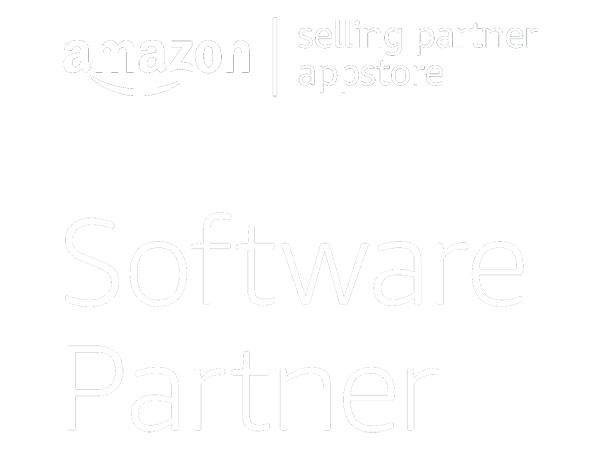Did you know that as of April 2022, over one-third of the United States population was considered financially illiterate? And when it comes to Millenials and Gen Z those numbers jumped up even higher, with a 41% and 58% illiteracy rate, respectively.
Financial literacy is defined as the possession of the skills and knowledge needed for individuals to make informed and effective decisions with all of their financial resources. That means that over a third of the entire adult population of the United States isn’t confident in their ability to make smart financial choices for themselves. This includes eCommerce business owners truly understanding financial terms.
April is Financial Literacy Month, and we at Viably want to take this opportunity to give you the tools necessary to feel confident and empowered to make good financial choices for yourself and your business. Whether you’re an experienced Amazon seller looking for a refresher or an aspiring eCommerce entrepreneur looking to understand the basics, this glossary of financial terms for eCommerce sellers will give you a solid foundation.
Financial Terms for eCommerce Business Owners
Cash flow – an indication of the amount of money coming in and going out of a business
- Operating Cash Flows – cash flows that result from business and daily operations, for example purchasing inventory or paying for utilities
- Investing Cash Flows – cash flows connected to long term assets like equipment or real estate purchases
- Financing Cash Flows – the movement of money in and out of your company, including through costs, sales, and profits
Business Checking Account – checking account for your business where day to day transactions are made, like purchases or bill payments. Business accounts give options that aren’t available on personal accounts like advanced payment methods and lines of credit
Business Credit – a line of credit linked to a business account rather than a personal account, linked to your Employer Identification Number or Tax ID Number. Your business credit score influences your access benefits like credit cards and loans.

Financing – involves obtaining capital by taking out loans or lines of credit, or seeking out investors or venture capitalists
- Bootstrap – the process of using only existing resources, such as personal savings, to grow and start your business
- Revenue-based funding – an alternative finance option based on the estimated future sales of a company
- Line of credit – an agreement between two parties where one party provides the other with access to funds over time up to an agreed upon limit
- Fixed term loans – a loan in which the interest rate stays the same for the loans entire term
Merchant cash advance – a type of working capital that provides immediate funds in exchange for a percentage of future sales
Daily cash advances – provide businesses with access to funds on demand without waiting for payments to go through
Profit Margin – the amount of profit made on a sale after all costs related to the item have been deducted from the total
Working Capital – a metric used to measure the liquidity of a business, or its ability to generate cash to pay for its short term financial obligations
Cost of Goods Sold (COGS) – total cost involved in creating and selling a product, including inventory, shipping, advertising, and more
Inventory Refresh/Replenishment – the biggest cost for amazon sellers (outside of advertising). While you want to avoid excess inventory it’s also essential to keep enough stock on hand to meet customer demand
PPC (Pay Per Click) – also known as cost-per-click, a type of advertising that charges the seller each time the ad is clicked
Account Health – whether or not your account is in good standing with Amazon, which is determined by a variety of factors including customer service performance, product policy compliance, and shipping performance
Settlement – the process of exchanging the specified amount of funds for a good or service with the merchant through the third party acquirer
Projections – estimate of future sales based on past performances and current trends
Forecasting – the process of estimating future demands for your products, typically based on historical metrics
For Amazon sellers and eCommerce business owners, navigating the complex world of financial terminology and strategies can be a daunting task. However, having a solid understanding of financial terms for eCommerce is crucial for making informed decisions and driving business growth. One critical aspect of financial literacy is understanding the funding options available to Amazon sellers. Whether you’re just starting out or looking to expand your business, funding can provide the resources you need to take your Amazon business to the next level. With this knowledge, you’ll be better equipped to make informed decisions and drive growth for your business.



